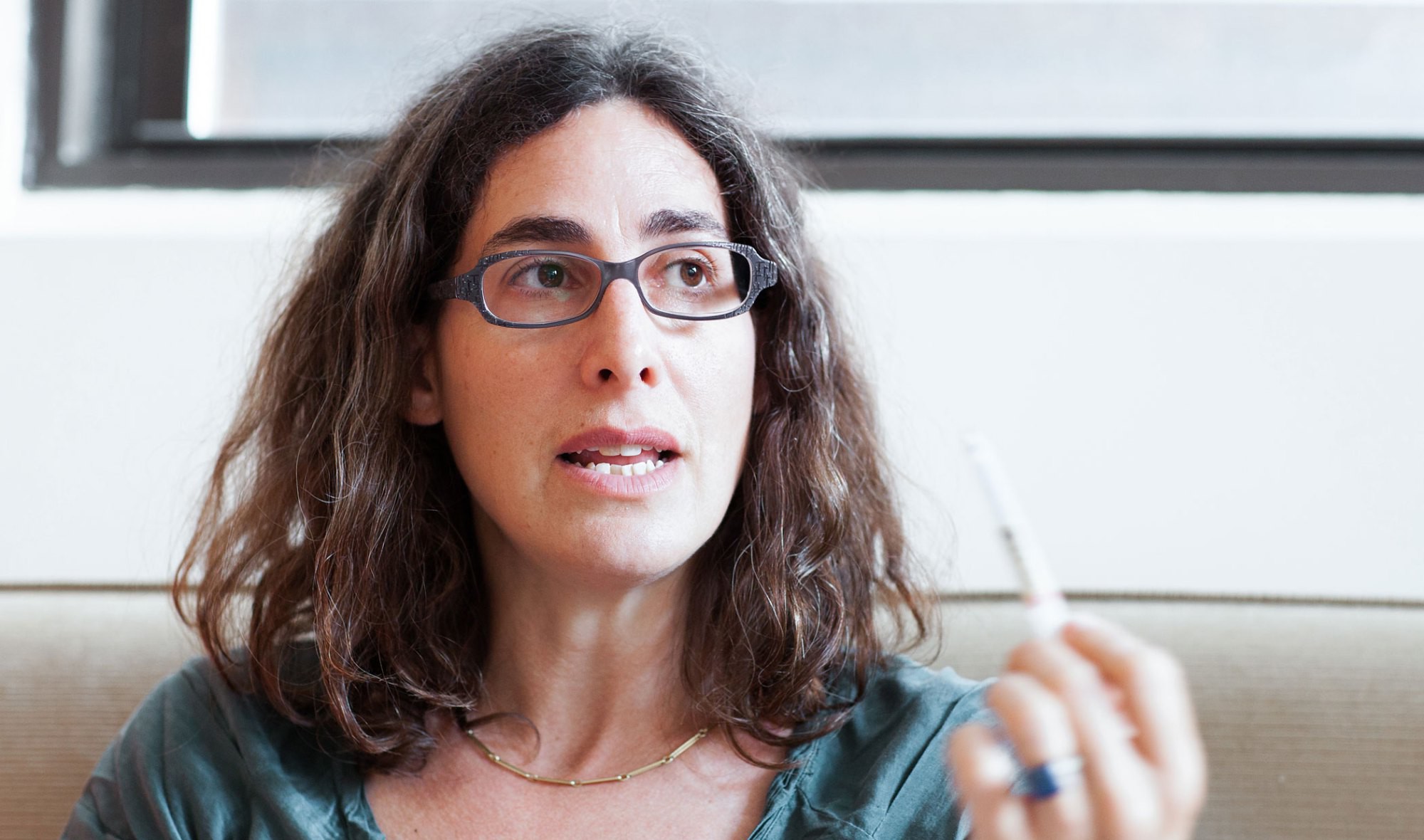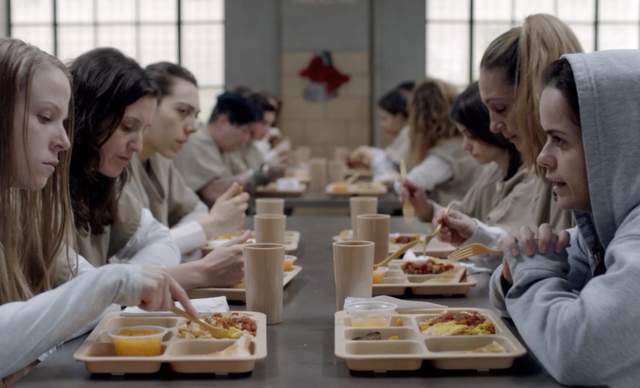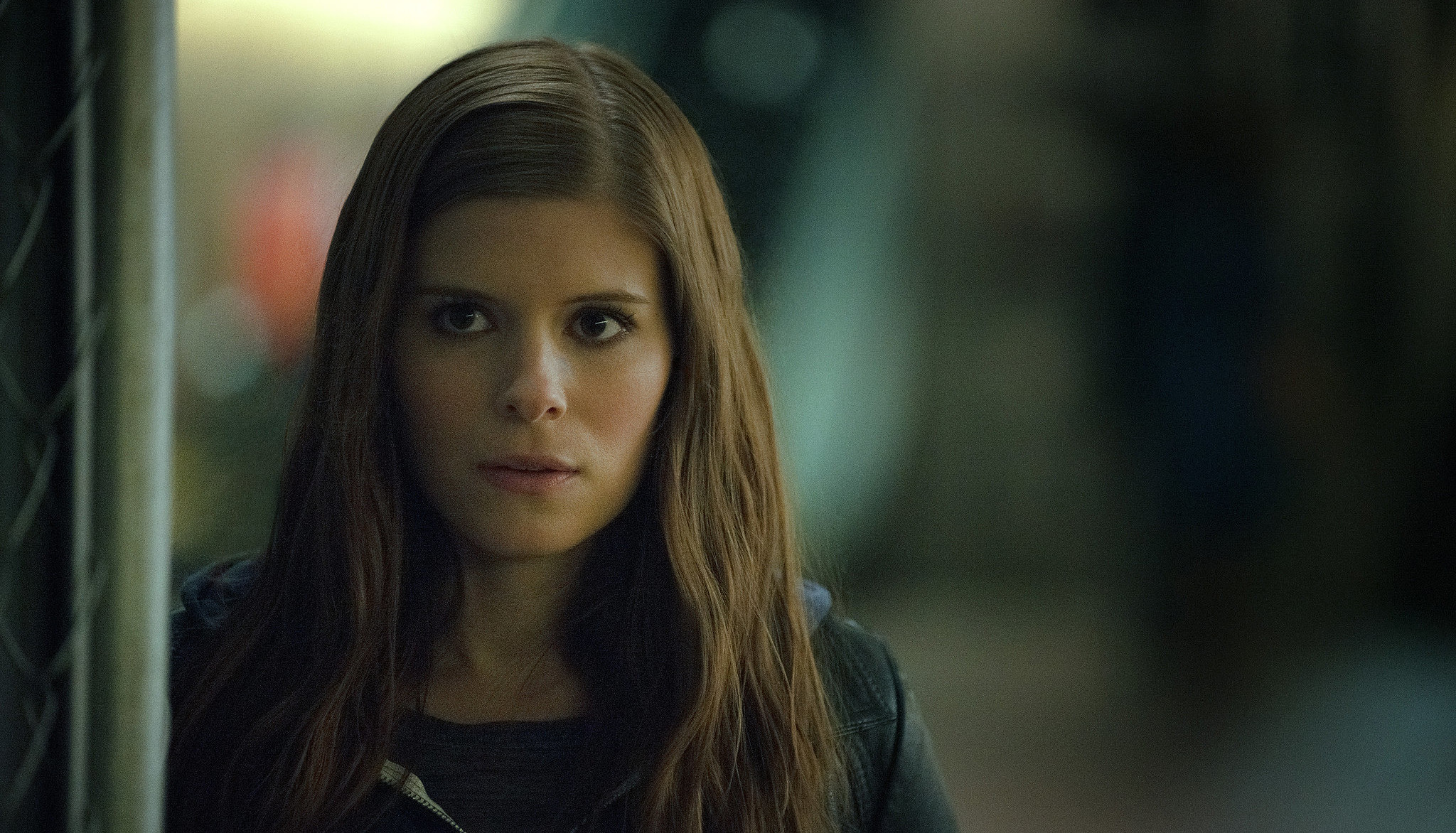(SPOILERS)
The first season of Serial is coming to an end this Thursday, and with it comes a mixed bag of emotions. As with any good story, those of us who have been with the show for weeks simply don’t want the ride to end. But, all good things must, and so the wait for a satisfying conclusion (whatever that means) is almost over.
As the story of what happened on that January 1999 day has developed, crafted beautifully by Sarah Koenig and her small team, it’s taken on a form not unlike some of TV’s most successful dramas. This is undoubtedly what has made it so wildly popular and the quickest podcast to reach 5 million downloads.
Of course, we all know the story is true, even though there are those who sometimes forget the sensitivity of the situation, but the way it’s delivered and the way in which we consume it week after week are practically identical to the explosive fanaticism that serialized shows like Game of Thrones, Homeland, and The Walking Dead currently stir up.
Think about it on the surface: a “rogue” reporter (Koenig isn’t doing anything illegal but admits she’s no professional criminal investigator) digs up a murder case from 15 years ago. At first glance, Adnan Syed, first-generation American of middle-eastern descent, appears to have been wrongfully convicted and sentenced to life in jail for the murder of his 18-year-old (also first-generation American) ex-girlfriend, Hae Min Lee. The entire case rests on the dubious story of Adnan’s “friend,” a mysterious African-American kid named Jay. The further Koenig goes down the rabbit hole, the cloudier both the story and her convictions about what really happened become.
If you had 15 seconds in an elevator with a top executive at HBO, Showtime, AMC, or FX, what better pitch could you possibly ask for? The characters in Serial – yes, they’re real people, but it’s presented as a story, so they’re also characters – are each so, so rich. Adnan has won the hearts of millions of listeners with honest, open answers to Koenig’s undoubtedly painful and often insulting questions. He’s a model prisoner who’s made great friends behind bars and won various good behavior awards. He’s started a prison breakfast club, which sounds way too much like it’s been stripped off an Orange is the New Black script. He’s even inspired a hashtag: #TeamAdnan is a real thing, for Christ’s sake.
Then you’ve got Jay, a character shrouded in mystery, and the cops that seem to want to smooth over the holes in his account of Adnan’s alleged murder. Racial tensions and a flawed judicial system against the backdrop of Baltimore? Even if you’re ten years late to the party or never watched it, you already know by the time you’ve finished reading this sentence that it all just screams The Wire.
Mix that all in with the supporting players – former Woodlawn High students, professional criminal investigators, lawyers, jury members from the trial – and there are tiny pieces of evidence that start to pile up, each of which seemingly throws the tide in a completely contrasting direction (i.e. Asia McClain’s alibi for Adnan or the Nisha phone call). All these pieces are what us listeners cling to and dissect endlessly, even finding new evidence on our own because it’s 2014 and information is everywhere, then theorizing over it as one huge amateur crime examination ring on Reddit.
Zooming out even further brings the realization that yes, the true story within Serial is on its own just as, if not more compelling than any TV drama, but there are at least two layers on top that drive it to almost absurdly meta-story heights. First is Koenig, without whom we’d never have the pleasure of experiencing such an old school/new school mix of storytelling. She’s that “rogue” reporter poking around that gives the story a very House of Cards spice. Frank Underwood’s dark antics in D.C. would still have been gripping material without Zoe Barnes – but once she really got sucked in, things got all the more interesting.
The outermost layer is us, the listeners. While we don’t have direct influence over where this story goes or how it is told, our presence is palpable – Adnan knows we exist, knows that his case has become a national sensation. That’s an incredible fact, one that Koenig never could have predicted and Adnan sounds to be quite uncomfortable with.
You have to wonder just how much it’s affected his interviews with Sarah, and the account of that day he’s given in later episodes. It’s crazy that as listeners we’ve been afforded even a tertiary effect on this story, and in some cases we’ve jumped deeper – like the effort to create a scholarship fund in honor of Hae Min Lee.
Realistically, whether or not Adnan did it at this point is irrelevant, an ambiguous reality that a seasoned TV writer/showrunner like David Chase (The Sopranos finale spoiler warning), if he’s been listening, must surely find delicious. Koenig has clearly been making a beeline for the legal misconduct, “reasonable doubt” angle this whole time – she’s certainly curious what really happened, but actually more concerned with how Adnan actually got thrown behind bars irrespective of his role in the murder.
No doubt, Adnan is either a charming psychopath or a charming man wrongly accused and incarcerated for murder. We’ve banged at the walls of the story like Matthew McConaughey in a tesseract (mild Interstellar spoilers) for ten weeks, but as bad as we want the truth, we may never get it.
So it would seem that the only thing left to see in Serial Season 1 is whether this real-life ending will be more or less satisfying than if David Chase wrote it.


